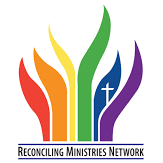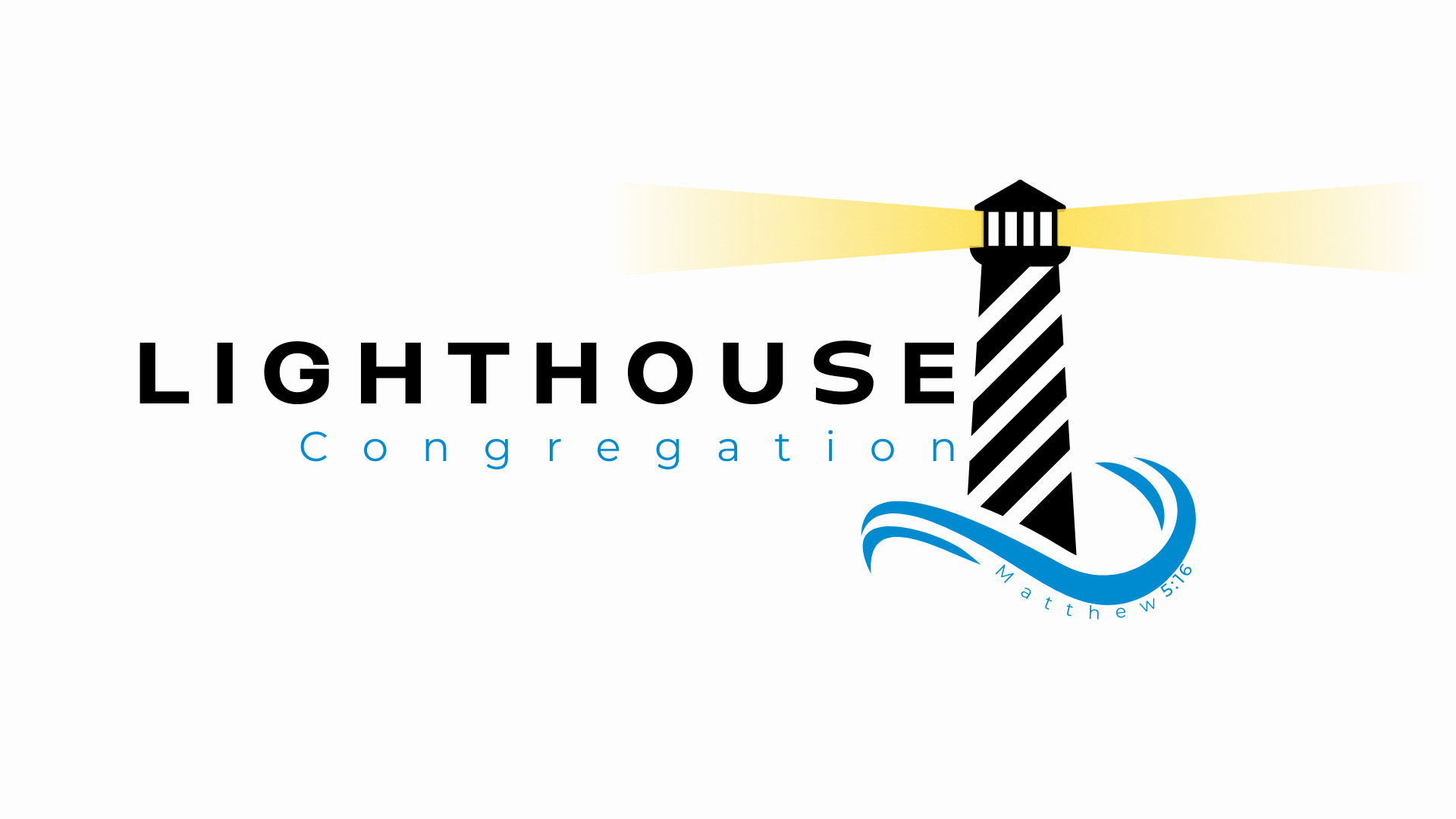Our Journey Toward Greater Diversity and Inclusion
A Commitment to Doing No Harm
Our Way Forward
Our Statement of Welcome:
Our Connection to Reconciling Ministries

For a season, Forest Hill was home to the Cabarrus Reconciling Ministries Network Community. Led by members of Forest Hill, Cabarrus Reconciling Community connected various local United Methodist churches. This group resourced local churches and individuals so that they could be better advocates for inclusion and equipped them work towards creating a welcoming and affirming church.
A Lighthouse Congregation:
During the time of disaffiliations, our congregation become a Lighthouse Congregation of The Western North Carolina Conference of The United Methodist Church in partnership with The United Methodist Collective. In doing so, we not only committed to remaining a part of The United Methodist Church, but also to serving those who have lost their church homes through disaffiliation or closure.
Anti-Racism
Our denominational Revised Social Principles (2024) states: We condemn racism, ethnocentrism, tribalism, and any ideology or social practice based on false and misleading beliefs or ideologies that one group of human beings is superior to all other groups of human beings.
As a part of the last quadrennia, Forest Hill clergy have participated in conference anti-racism training. In addition, Forest Hill is committed to continuing discussions on how we can affirm the dignity and worth of all persons and work to speak out against racism and other things that divide and harm any of God’s children.
Leadership at Forest Hill:
Forest Hill seeks to empower and equip people for ministry in the church and in the world. John Wesley’s historic questions shape the way we understand people’s gifts and graces for ministry.
As long as these marks occur in them, we believe they are called of God to serve. These we receive as sufficient proof that they are moved by the Holy Spirit.
Considering our statement of welcome and within this Wesleyan framework, we seek to lift up those who are called, gifted, and graced for ministry. This means that things such as age, race, gender, nation of origin, physical or mental ability, sexual orientation, and socio-economic status are not limiting factors to full participation in the church or areas of leadership.


